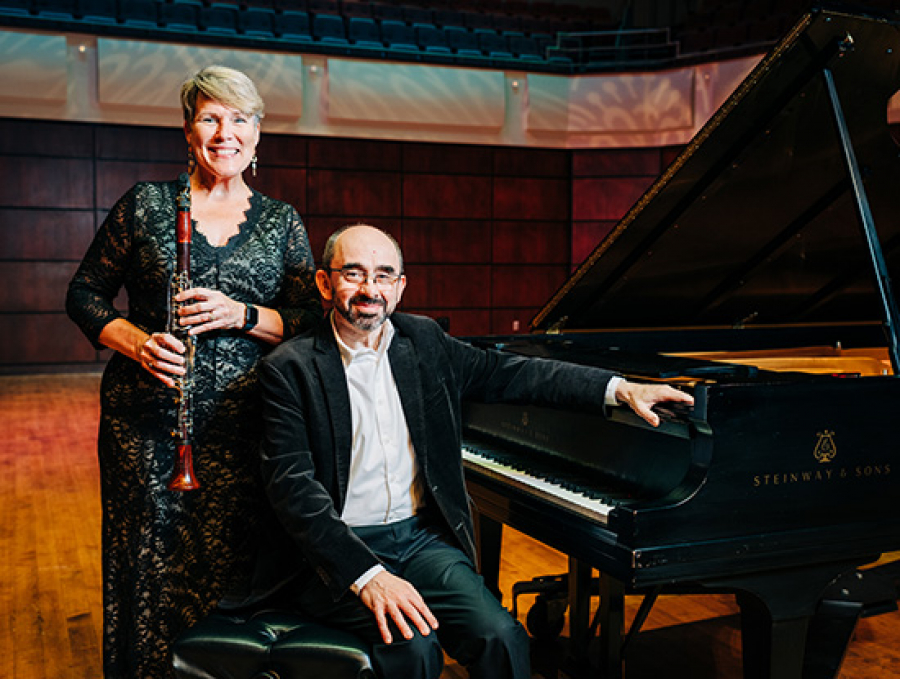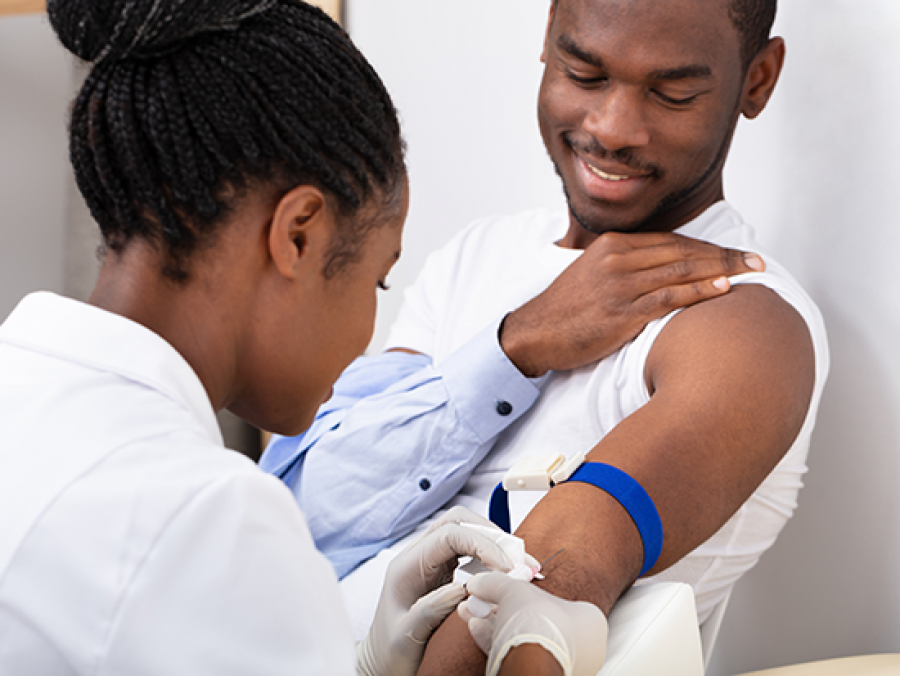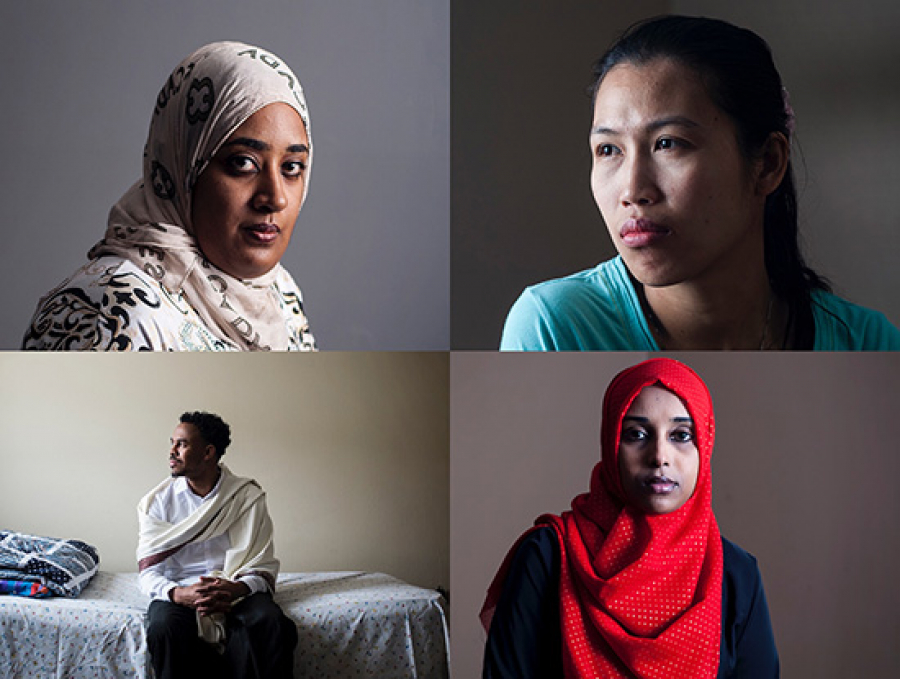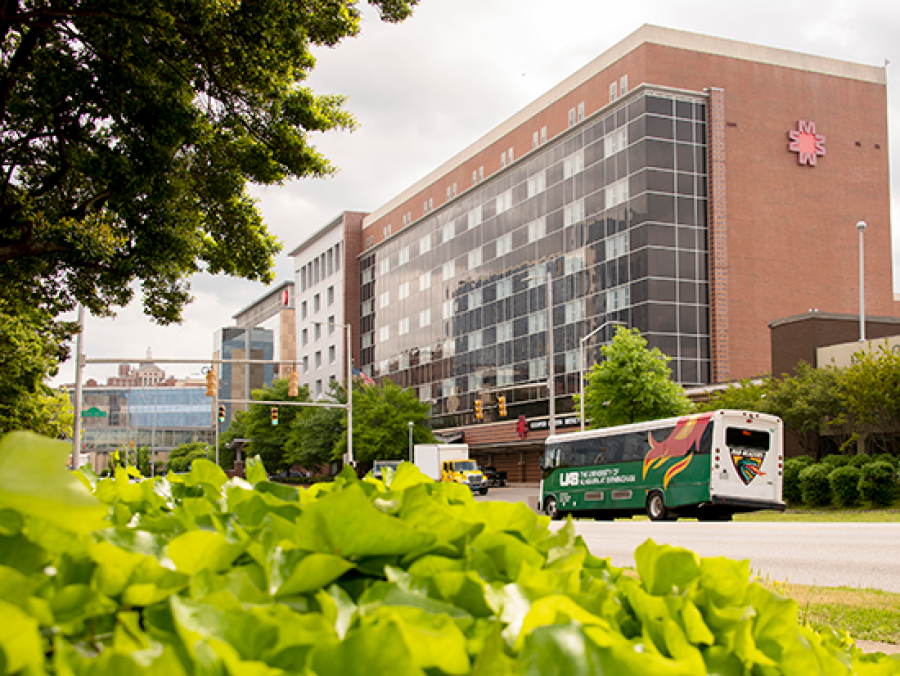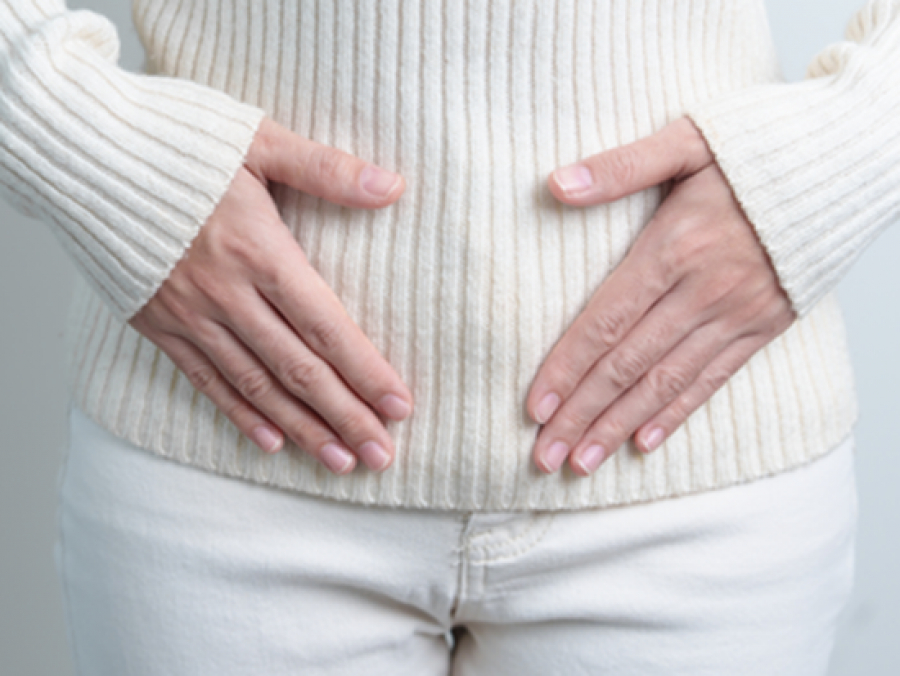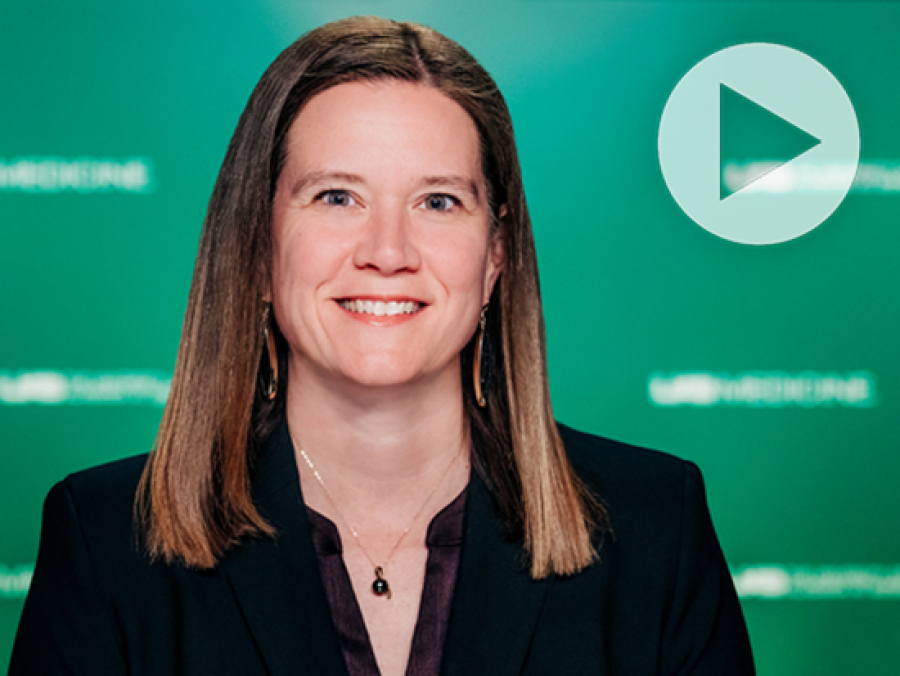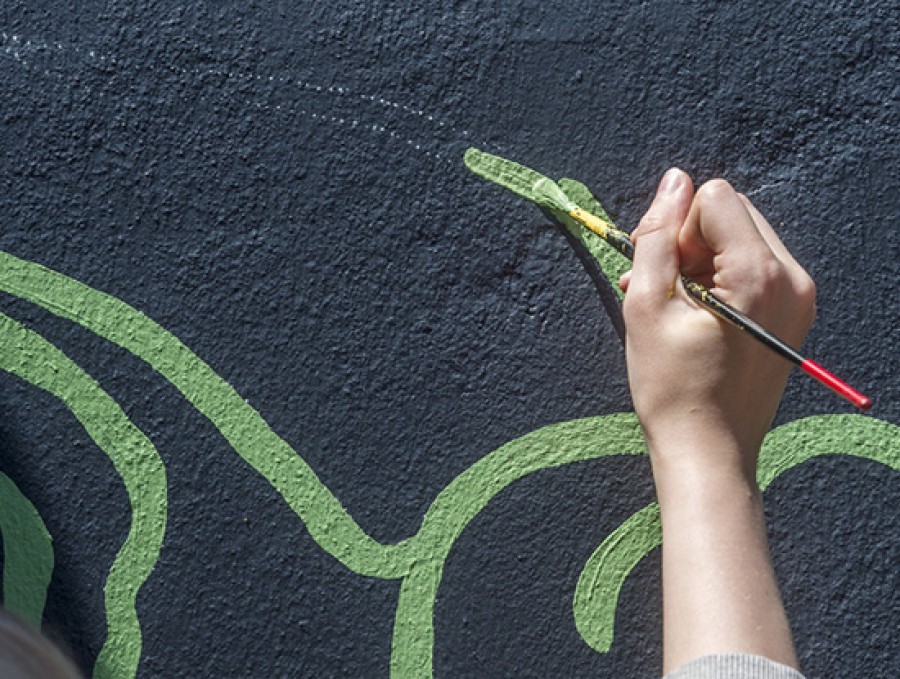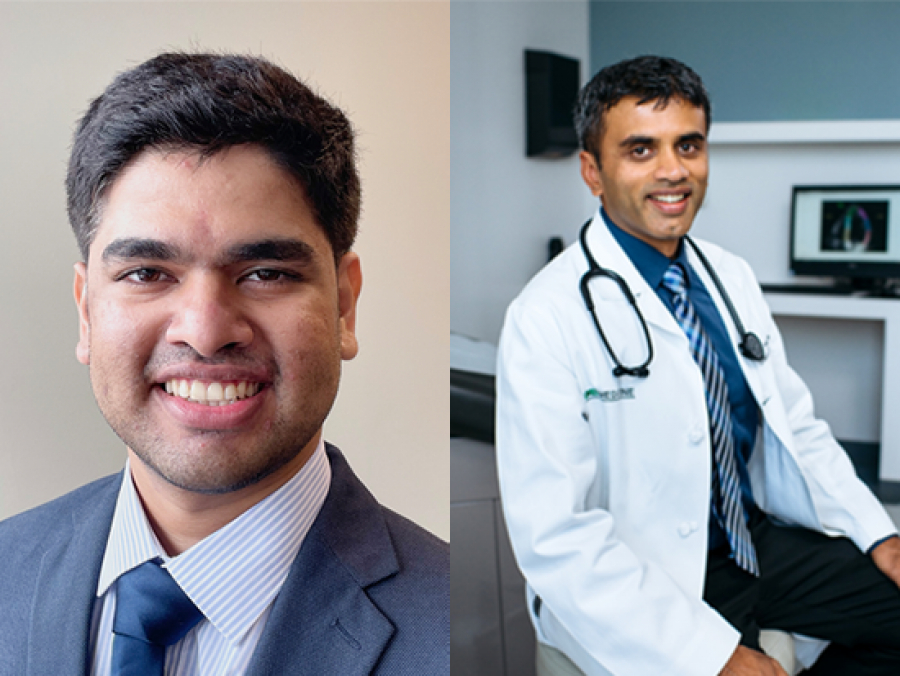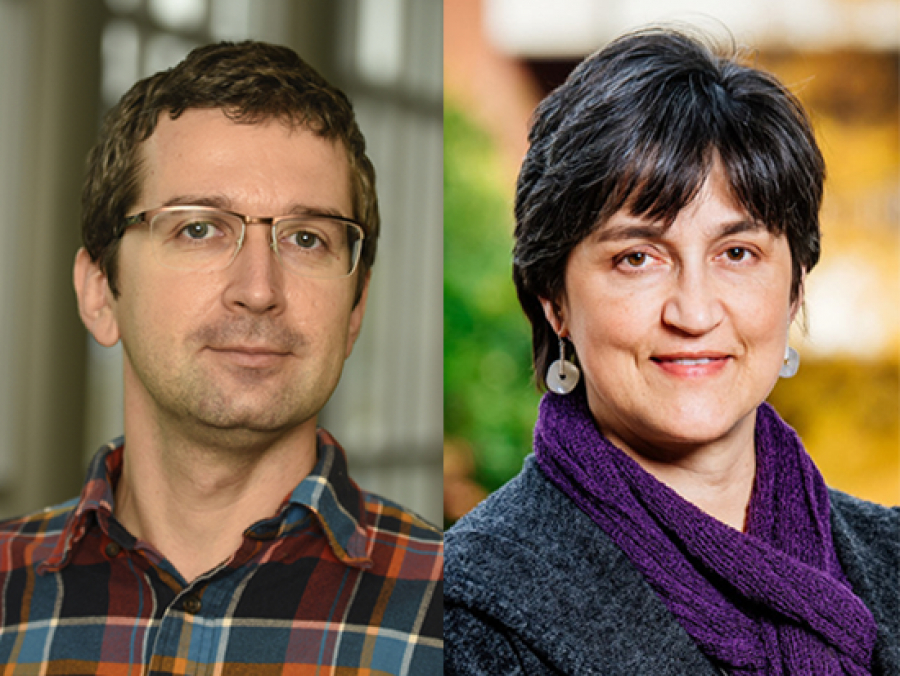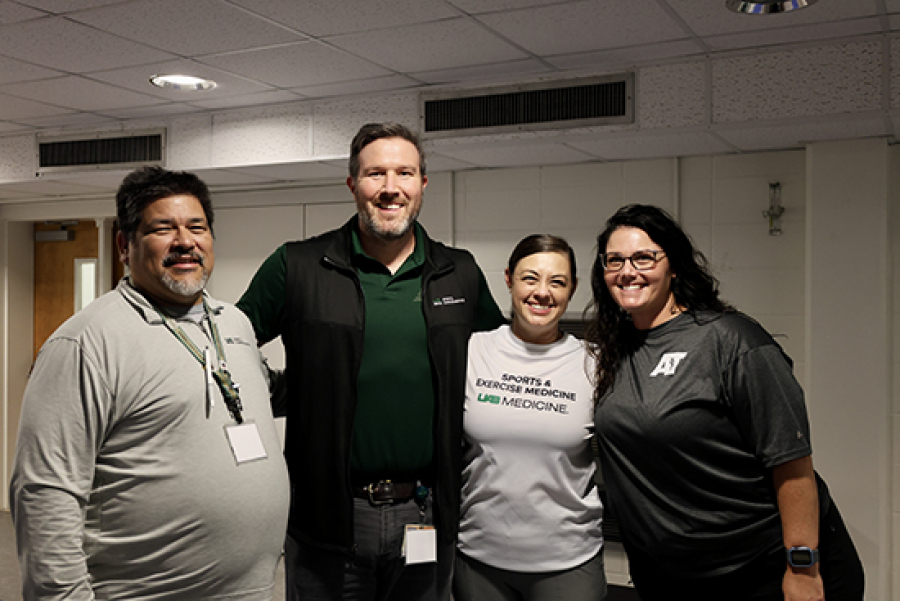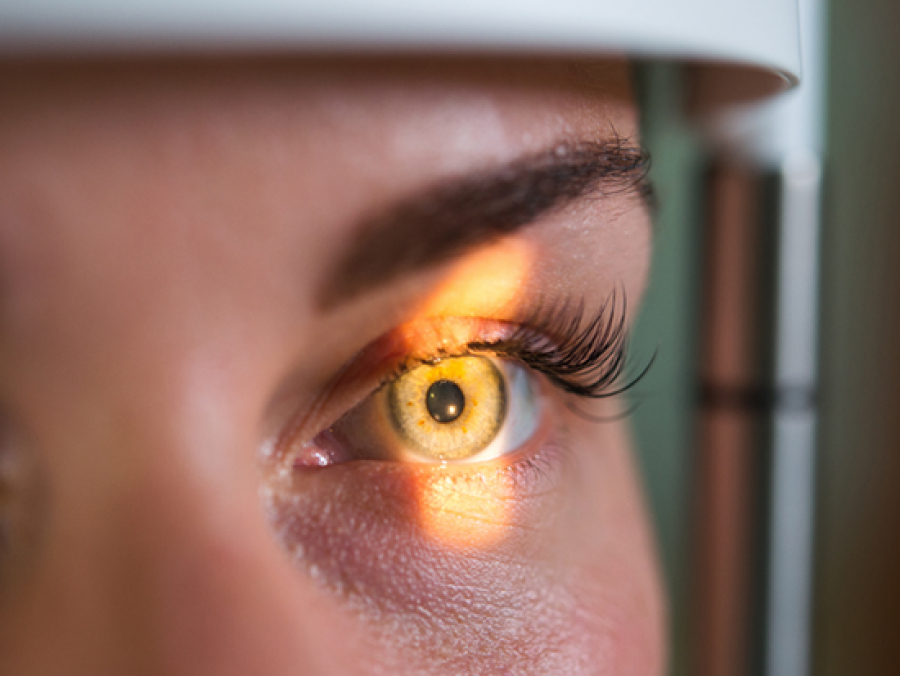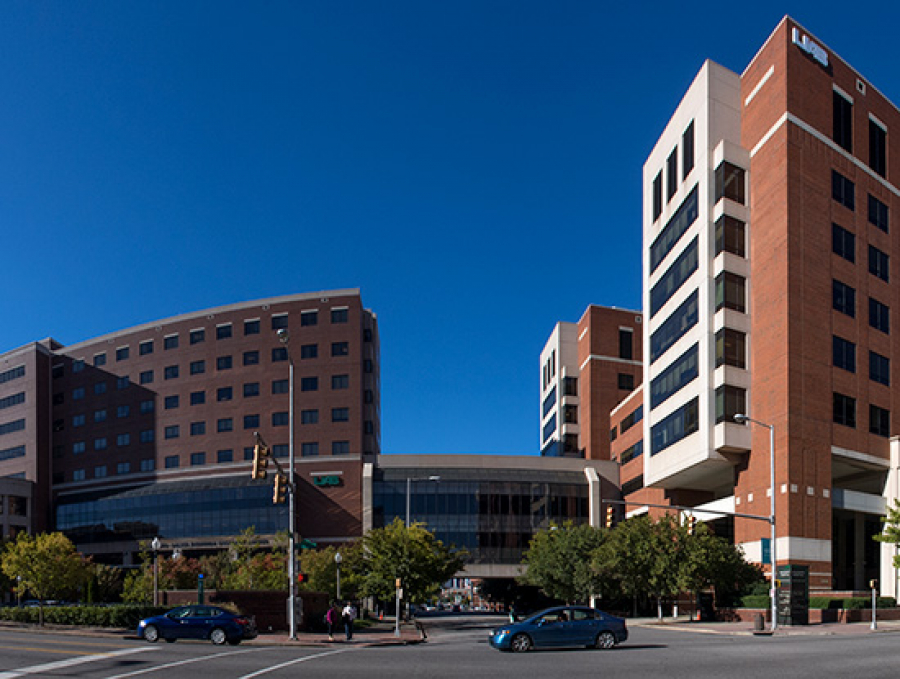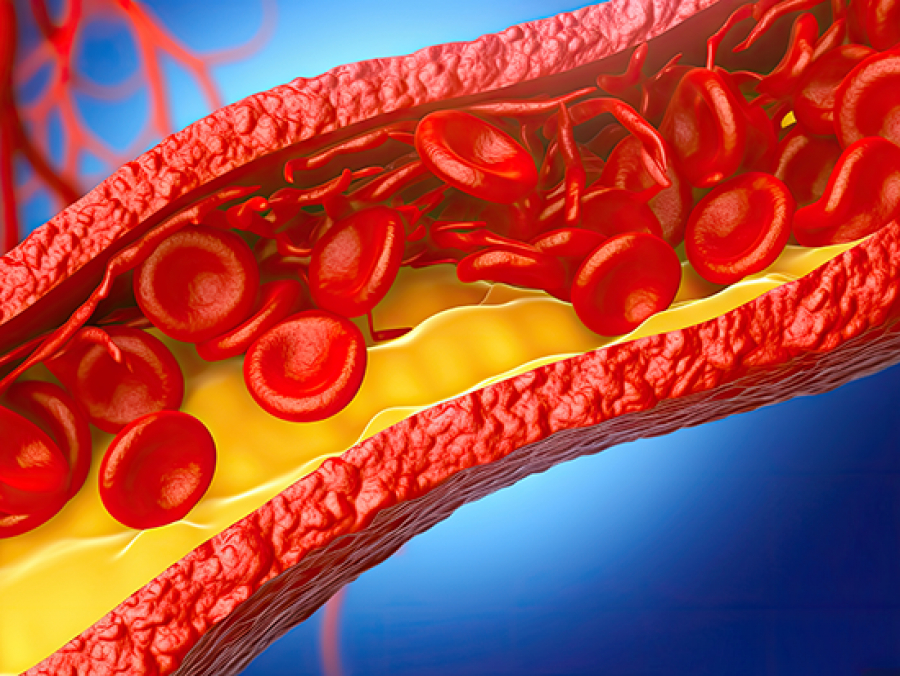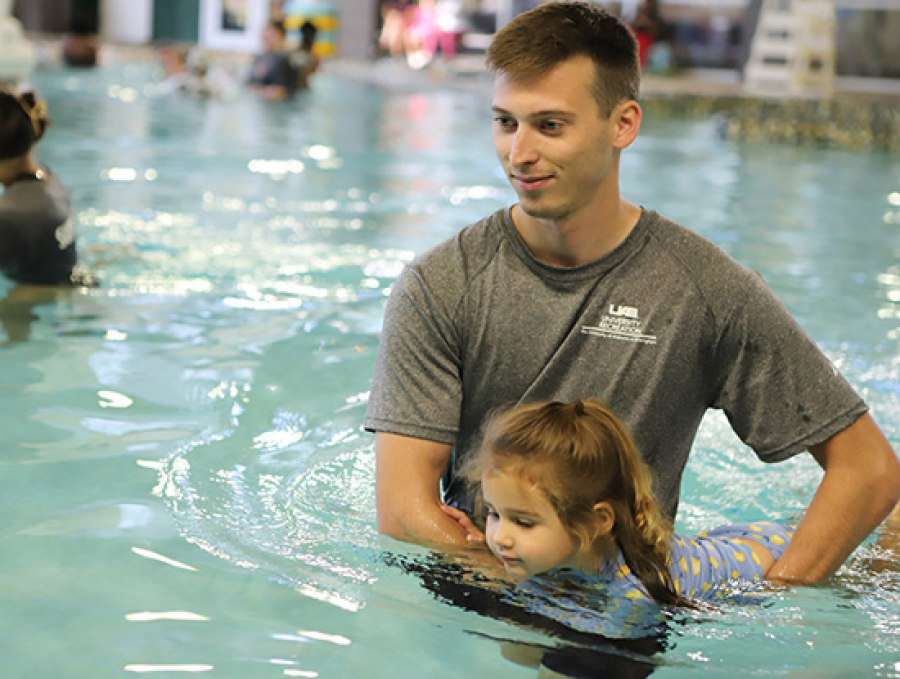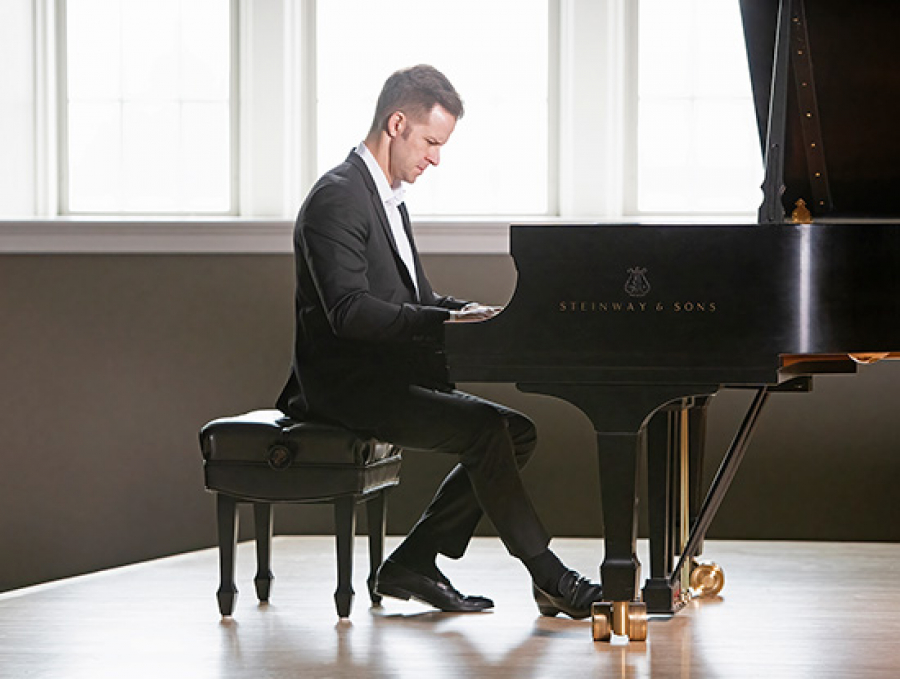Latest News
Cigarette smoking is associated with COPD, and each cigarette has 2 to 3 micrograms of cadmium.
Choose from student recitals, guest artists and faculty performances, including Yakov Kasman, DMA, with the Alabama Symphony Orchestra, plus Amadeae Duo and the fifth annual PRISM Concert.
This initiative aims to alleviate the burden of tax preparation for those who qualify, contributing to financial well-being within the UAB community and beyond.
Grammy- and Emmy-winner Panion arranged and orchestrated the Blind Boys’ classic hits for this performance, featuring members of the Alabama Symphony Orchestra and a 300-person combined college choir.
A small blood donation can help UAB researchers and doctors learn how better to use immunology to treat disease.
UAB Student Media Director Jackie Alexander was inaugurated in November at the annual conference held in Atlanta, where UAB student media outlets were awarded top prizes.
After having a below-the-knee amputation, former SEC football player Ka’Darian Hill is using his story to motivate and inspire others.
“Refugees, Empathy, and Human Rights” is a nationwide traveling exhibition featuring contemporary portraits and poetic stories illustrating the challenges of refugees building new lives in the United States.
New eligibility requirements will help more Jefferson County residents seek care at Cooper Green.
Any woman can be at risk for any gynecologic cancer. Risk tends to increase with age, and there is always a heightened possibility of cancer due to family history or race.
UAB is in compliance with laws governing autopsies and notes important facts and context given the incorrect and misleading assertions that have circulated about autopsies performed for the Alabama Department of Corrections.
A UAB infectious diseases physician breaks down what you need to know about flu, RSV and COVID as people navigate colder months and have exposure to these viruses.
The regimen — which relies solely on already FDA-approved medications — showed remarkable success in Parsons model case series.
The affiliation between the UAB O’Neal Comprehensive Cancer Center and Infirmary Cancer Care will bring NCI-designated comprehensive cancer care to the Gulf Coast region for the first time.
The event will take place during Creed Week, as students reflect on what it means to be a Blazer.
A UAB study evaluating the treatment of severe dyslipidemia showed that only one in three individuals with severe dyslipidemia took lipid-lowering medications without any improvement in the treatment rates over 10 years.
The University of Alabama at Birmingham College of Arts and Sciences is set to host its spring 2024 Haddin Forums.
The MyLupus app is a patient-friendly, patient-focused decision-aid tool for people from all backgrounds with moderate to severe lupus.
UAB physicians will provide multiple services to Lawson State athletes.
These findings could lead to non-invasive, low-cost tests and the early diagnosis of the disease, which progresses for decades before symptoms of dementia emerge.
UAB Hospital practice areas were honored with the “Best Hospital” designation, including cancer care, heart care, stroke care, minimally invasive surgery, comprehensive breast care, mammograms, obstetrics and women’s services.
This advance should facilitate atherosclerosis drug discovery and development.
The ArtBLINK Gala raises funds to help the O’Neal Comprehensive Cancer Center further its mission of advancing the understanding of cancer to improve prevention, detection, treatment and survivorship for all people.
Speakers for “A Tale of Two Cities: Atlanta and Birmingham During the Civil Rights Movement” will shed light on how city governments, civil society leaders and urban geographies can advance or obstruct racial justice and human rights.
All ages can learn how to swim in a water-safe environment from Jan. 22-Feb. 26 or March 4-April 15 at the University Recreation Center.
Wallick will perform his diverse program “The Virtuosic Fugue,” culminating with one of Beethoven’s most important piano sonatas, which has never been performed in the UAB Piano Series’ history.
Bluegrass chart-toppers and festival headliners Steep Canyon Rangers, heralds of the Carolina sound, are frequent collaborators with renowned banjoist, actor and comedian Steve Martin.
UAB students will receive online resources, wellness tracking, support articles and other mental health resources.
Artist and UAB Professor Gary Chapman has cut about 10,000 paper snowflakes in the last 15 years. Here are his tips to cut your own.
This year’s juror is Los Angeles-based artist Amanda Ross-Ho, whose new works will be shown in a companion exhibition.

